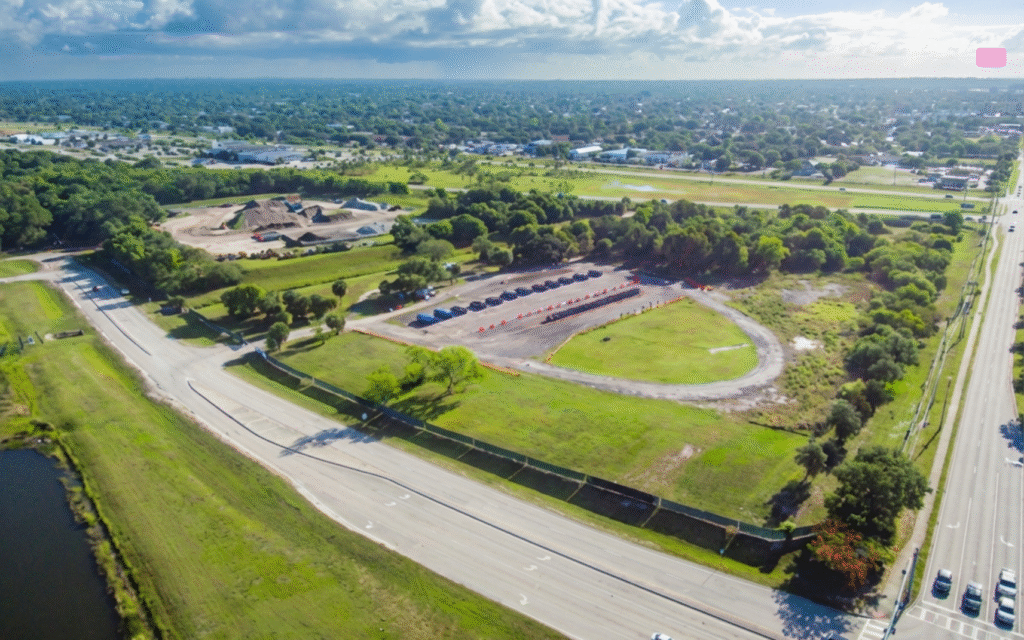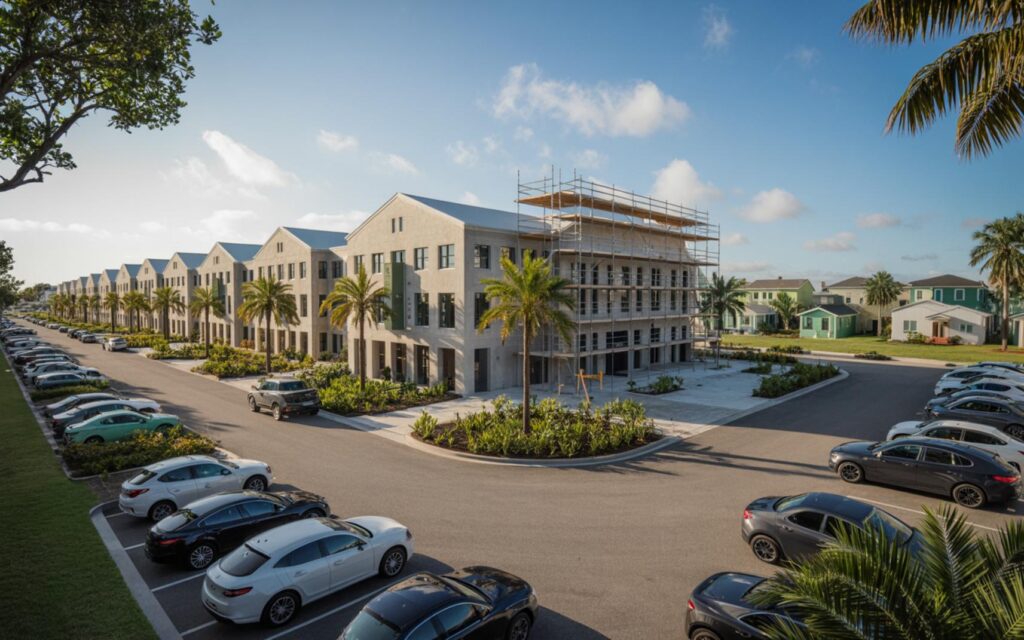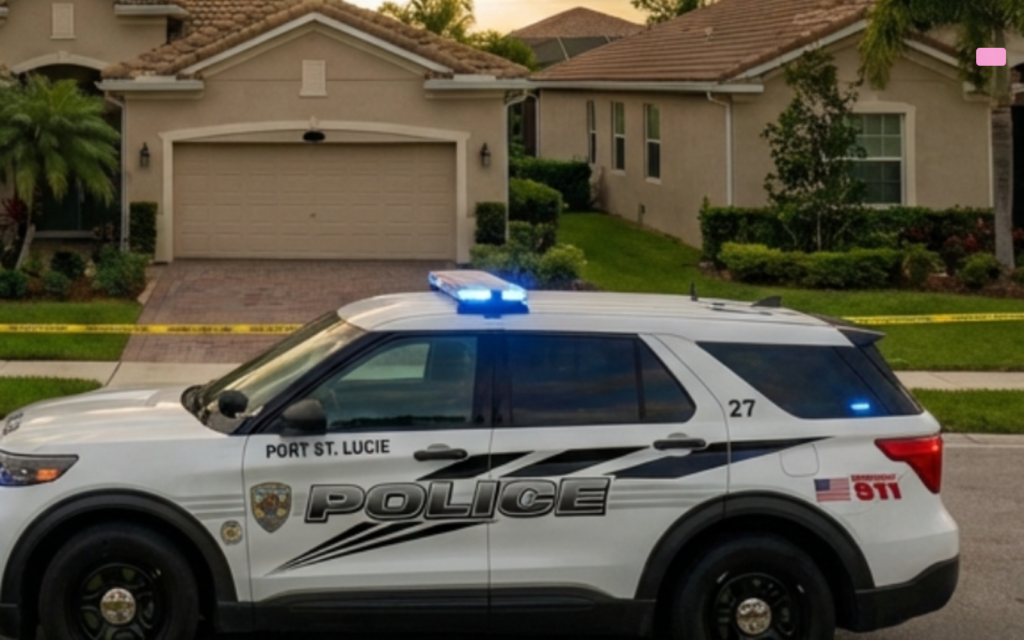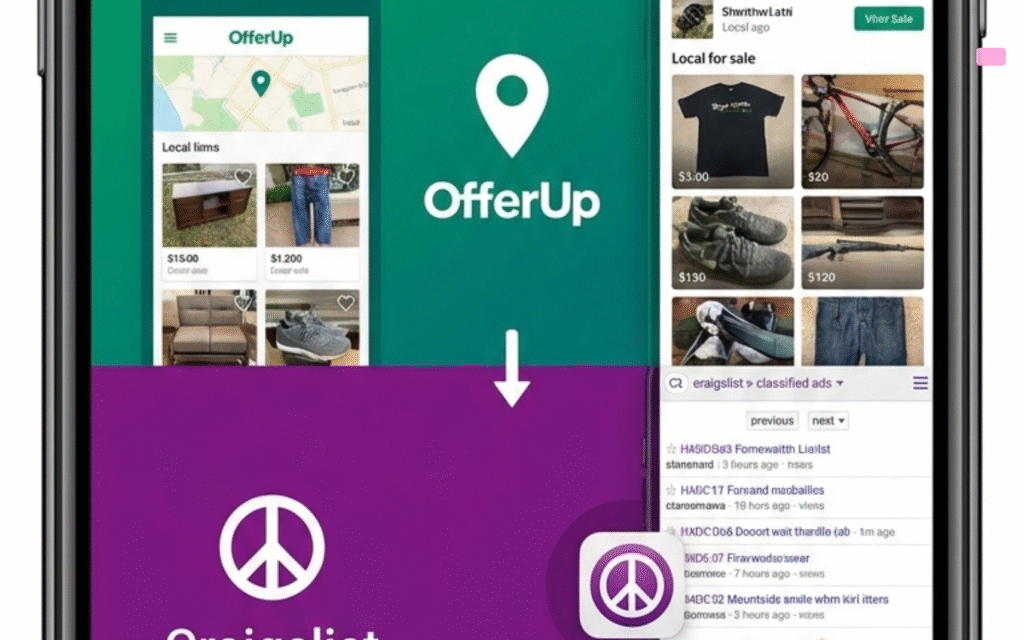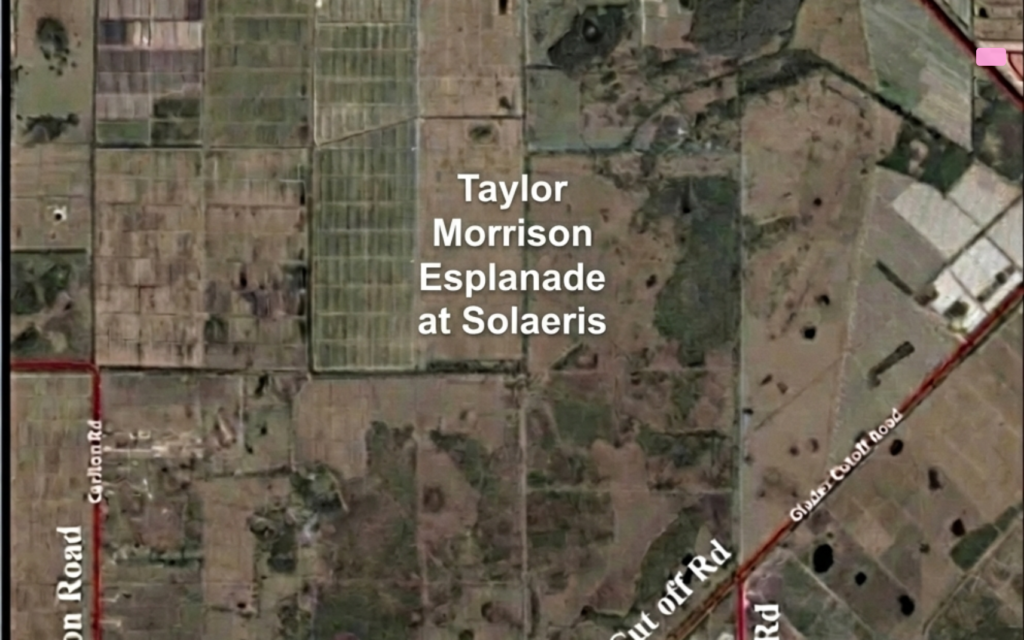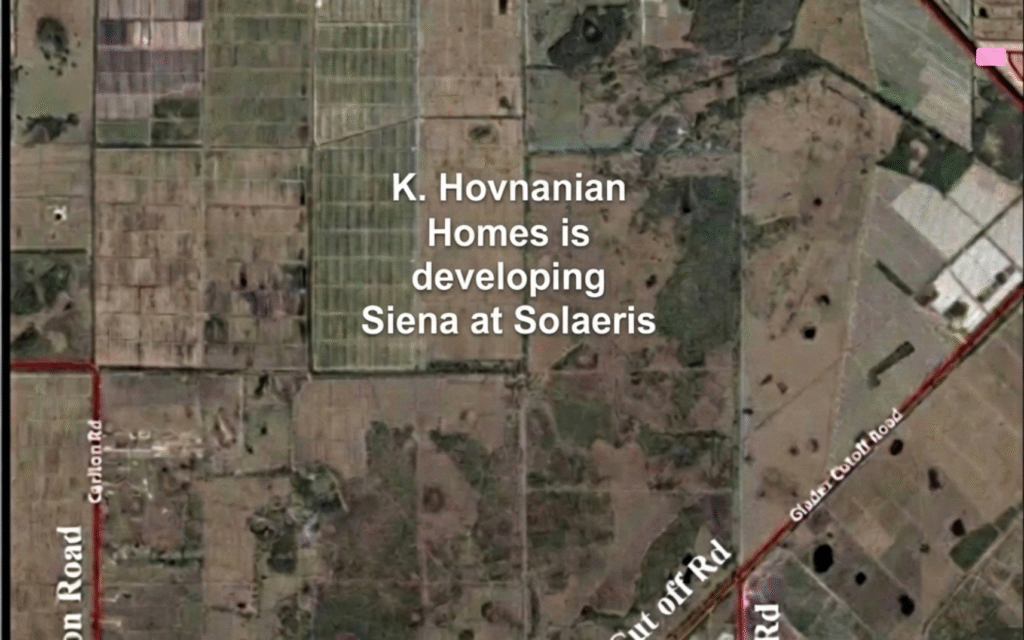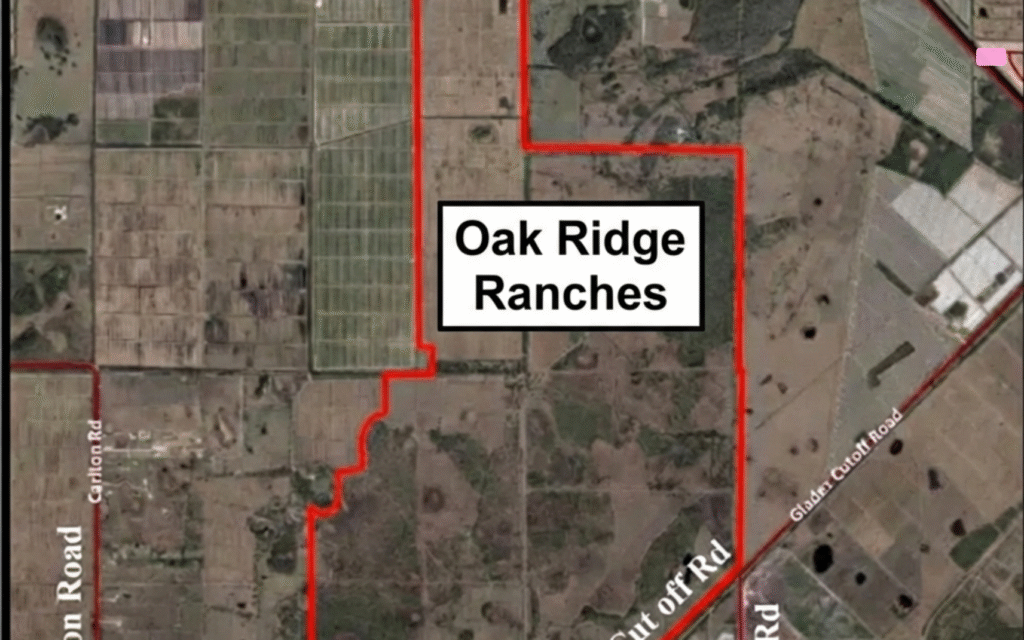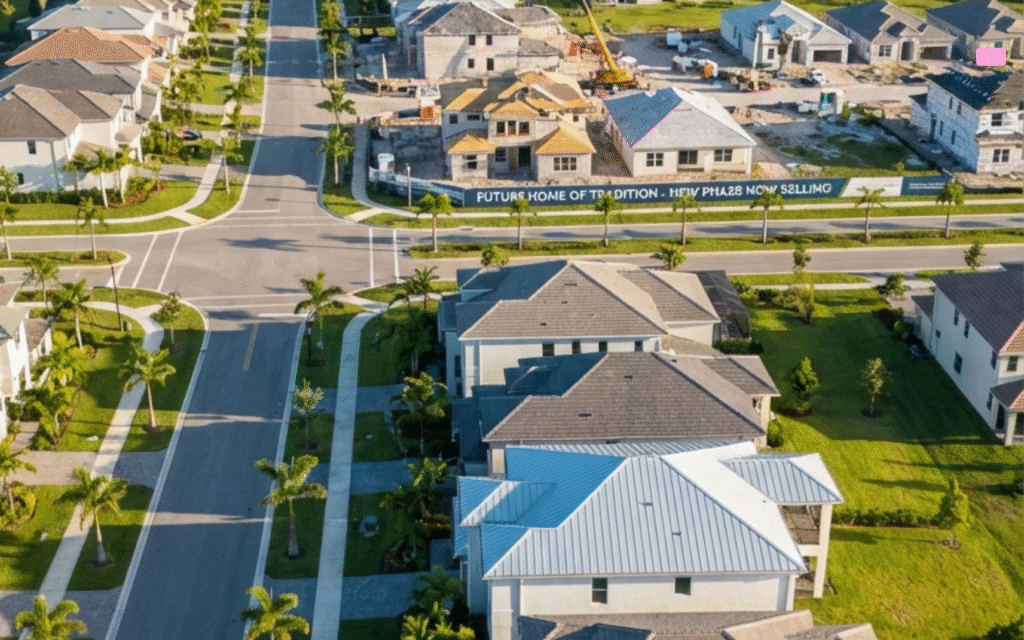The federal government shutdown in October 2025 led to a freeze of the National Flood Insurance Program (NFIP), directly impacting Florida more than any other state. The NFIP freeze has disrupted new policies and renewals, affecting thousands of real estate transactions and leaving many homeowners at risk during the peak of hurricane season.
National Flood Insurance Program Freeze Impacts Florida
Florida holds about 1.8 million active NFIP policies, representing approximately 18% of all such policies nationwide. According to the Federal Emergency Management Agency (FEMA), the program’s freeze means no new flood insurance policies can be issued and existing policies cannot be renewed until the shutdown ends.
Roughly 14,800 home closings per month in Florida are affected, as buyers are unable to obtain the required flood insurance. Nationwide, about 1,300 real estate closings each day are delayed or stalled due to the NFIP freeze, according to FEMA data.
Effects on Florida Real Estate Market
The inability to secure new or renewed flood insurance policies has created significant challenges for Florida’s real estate market. Flood insurance is mandatory for mortgages in designated flood zones, making it an essential requirement for many homebuyers.
According to the National Association of Realtors, homebuyers in flood-prone areas may be forced to delay transactions or seek cash purchases if flood insurance is unavailable. This bottleneck has led to increased delays, costs, and frustration for buyers, sellers, and real estate agents throughout Florida.
Existing Policies and Claims
FEMA reports that existing NFIP policies remain valid through their expiration dates. Claims on active policies can still be processed, provided that funds are available. However, FEMA’s borrowing authority for the NFIP dropped from $30.4 billion to $1 billion during the shutdown, limiting the program’s ability to pay claims after major disasters.
Officials caution that if a major hurricane or flood event occurs while the shutdown continues, the NFIP may be unable to meet all claims, increasing financial risks for policyholders.
Private Flood Insurance Options in Florida
While the NFIP is the primary source of flood insurance in high-risk areas such as Florida, Texas, and Louisiana, private flood insurance remains available during the federal program’s freeze. Private insurers continue to offer new policies and renewals, providing an alternative for those unable to access NFIP coverage.
However, private flood insurance participation is limited in many high-risk regions, and coverage terms may differ from those offered by the NFIP. Some insurers are offering temporary deferral of flood insurance documentation, but this does not resolve the underlying coverage gap for many homeowners.
Impact on Homebuyers and Homeowners
The freeze on the NFIP has left many homebuyers in flood zones unable to close on properties. Without the required insurance, mortgage lenders cannot finalize loans, leading to indefinite delays or the need for cash purchases.
Homeowners whose policies expire during the shutdown cannot renew coverage, potentially leaving them uninsured during the most active period of the Atlantic hurricane season. According to FEMA, the inability to obtain or renew policies could result in significant financial losses if a major storm occurs.
NFIP Authorization and Congressional Action
The NFIP’s authorization lapsed due to the failure to pass a federal spending bill, marking the first time since the 1970s that the program has been frozen during a government shutdown. The program relies on periodic congressional reauthorization and has faced repeated short-term extensions in recent years.
FEMA and other officials highlight the ongoing fragility of the NFIP, noting that the current freeze underscores the importance of stable federal disaster preparedness and funding in high-risk regions like Florida.
Premiums and Risk Rating 2.0
Experts note that while the shutdown itself does not directly increase NFIP premiums, homeowners may face higher rates if their policies lapse and are re-rated under the updated Risk Rating 2.0 system when the program resumes.
Risk Rating 2.0 is FEMA’s new methodology for determining flood insurance premiums, designed to better reflect a property’s specific flood risk. Lapsed policies may be subject to higher rates upon renewal, adding to the financial burden for affected homeowners.
Federal Disaster Preparedness Concerns
The timing of the NFIP freeze coincides with the peak of the Atlantic hurricane season, increasing risks for uninsured or underinsured property owners in Florida. Officials stress that prolonged government shutdowns can have serious consequences for disaster recovery and resilience in flood-prone communities.
As the situation develops, authorities advise homeowners and buyers to explore private insurance options and monitor updates from FEMA and other official sources. Details may be updated as the investigation and federal negotiations continue.
Frequently Asked Questions About National Flood Insurance Program Freeze
What is the National Flood Insurance Program freeze in Florida?
The National Flood Insurance Program freeze means no new NFIP policies can be issued and existing policies cannot be renewed during the federal government shutdown. This affects thousands of homeowners and real estate transactions in Florida.
How much of Florida is affected by the NFIP freeze?
Florida has about 1.8 million NFIP policyholders, representing around 18% of all active policies nationwide. The freeze impacts homebuyers, sellers, and property owners in flood-prone areas across the state.
Are there alternatives to NFIP flood insurance in Florida?
Yes, private flood insurance remains available in Florida during the NFIP freeze. However, coverage options and availability may differ from the federal program, especially in high-risk zones.
Can you file a claim on an existing NFIP policy during the shutdown?
Existing NFIP policies remain valid through their expiration dates, and claims can be processed as long as FEMA has available funds. However, the agency’s borrowing authority is limited during the shutdown.
Where are the most affected areas by the NFIP freeze?
Florida, Texas, and Louisiana are the most affected states due to their high number of NFIP policyholders and flood-prone regions. Florida is especially impacted because of its large coastal population and active real estate market.


